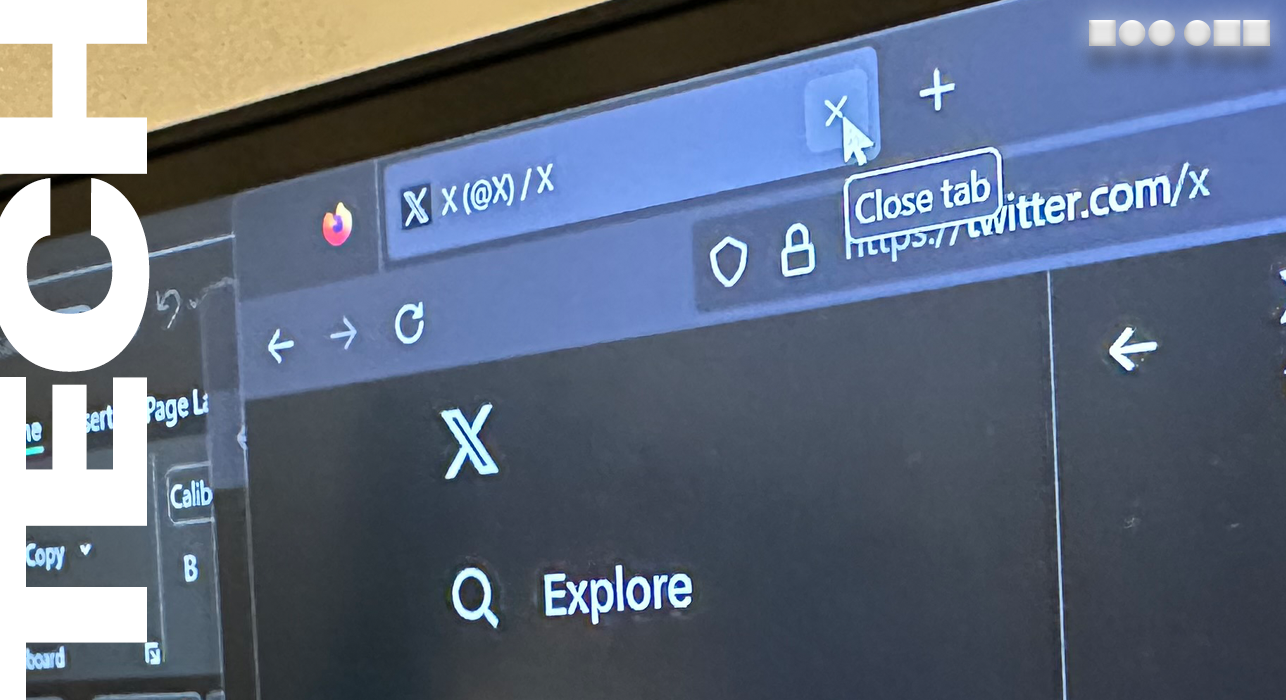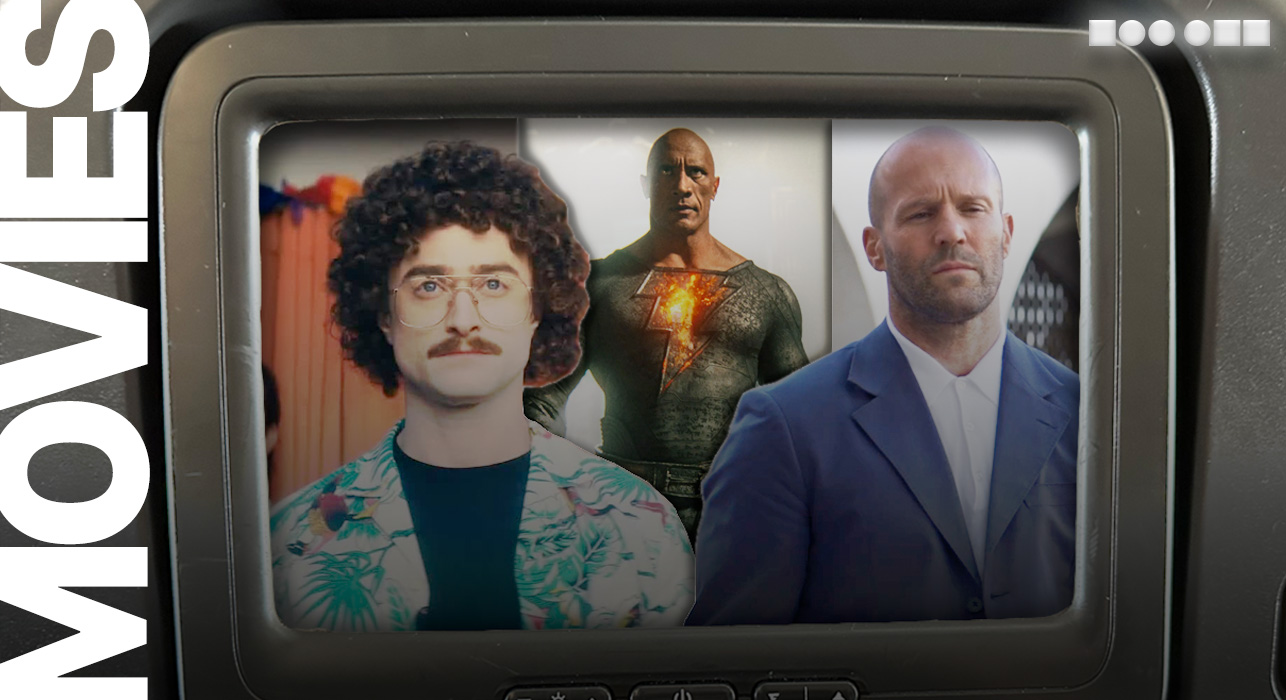Even before Facebook spat the dummy at the Australian government this week, it was a terrible place to get news.
By now you’ve likely heard about Facebook’s ongoing battle with the Australian government over the use of links to news sites. News organisations are arguing that services like Facebook and Google profit through advertising from the sharing of stories, and allow users to get the benefits of their journalism without having to pay. The big tech companies argue that linking is just how the internet works, although Google is negotiating with some of the bigger news organisations to establish a service called Google News Showcase that would pay for content.
Facebook, however, dug in its heels. With the proposed legislation yet to even face a vote in Parliament, Facebook summarily blocked all Australian news sites from having articles shared on the platform. This doesn’t just include commercial services; the public broadcasters (ABC and SBS) are affected, as are government information sites (such as the Bureau of Meteorology) and state government websites providing information on Covid-19, which are considered ‘news sites’ in the proposed bill.
Facebook is already under fire in multiple countries for allowing, perhaps even encouraging, misinformation and conspiracy theories to spread. Certainly there is evidence that Facebook’s user database was manipulated by commercial firms to influence voter opinion on contentious issues like Brexit, or the 2016 US presidential election, and the social network has been criticised for allowing users to promote or foment violence in places like Myanmar.
For its part Facebook doesn’t want to be a fact-checker or arbiter on information shared on its platform, so misinformation is rampant; a problem now only likely to get worse, given that researched, considered journalism has been blocked. This is bipartisan; news sites that tend to lean left editorially (like the Guardian), those to the right (like News Corp Australia’s various mastheads), and those that try to be completely apolitical (the public service) are equally affected.
But even before Facebook’s dummy-spit, it was a poor source for news. If you remove news or politics from Facebook, and just stick to friends, family and funny cat pictures, the site is still incredibly bad at the one reason we all signed up. Getting updates from your friends, or from groups of friends with a common interest, is a colossal pain in the proverbial, which makes the service basically useless. In some cases, it’s worse than that; it’s actively dangerous to life and limb.
My current news feed as I type this contains the following information in the opening posts, and in this order:
- one comment from a friend, 1 hour old
- an ad for Woolworths
- a photo from a photographer friend, 1 day old
- some other photos from the same person, 6 hours old
- a comment, 5 hours old
- an ad for an upcoming stage show/quiz night
- a meme posted 6 hours ago
- a comment posted 3 hours ago
- a comment posted 3 days ago
- an ad for the upcoming Boomers/Tall Blacks game
- a comment posted 3 hours ago
- a 14-hour-old meme
- a 14-hour-old ad
- a paid ad for Adobe
- a 3-hour-old photo from the same photographer friend I mentioned earlier
- a reply to a complaint about a government in another state
- a paid ad for a sports management simulator on Steam
- a 15-hour old photo of someone’s breakfast
As you can see from the date stamps, there isn’t any rhyme or reason in the order, other than what The Algorithm deems appropriate. Attempting to get things in date order is problematic, and while you can navigate to set your news feed to show things in Most Recent order, Facebook resets this setting every time you open the app, and moves the setting every time they release a new version.
Even trying to customise or optimise Facebook to try and wrangle the beast into doing your bidding doesn’t work. As an example, a Facebook Group I’m in provides information for my co-workers at an annual event. For much of the year the content there is social, but as the event draws near more work-related information becomes available, and my phone is set up so that I get a notification when any new content is posted.
But Facebook flatly refuses to post information in chronological order; the content you see, and the order in which you see it, is determined by The Algorithm. Thus, on visiting the group, I could get content that is days old- or even weeks old- rather than the thing that just got posted. Even tapping on the notification that “Joe Bloggs just posted an update” does not take me to Joe’s post, and you could spend a good deal of time scrolling through the “news” feed without The Algorithm ever revealing what poor Joe had to say. Maybe it was important! Maybe it was a picture of his cat. Maybe it was a very important picture of his cat! We may never know, because The Algorithm didn’t deem it appropriate.
Failing to find cat pictures, though, is merely an annoyance. When the posts involve urgent information, The Algorithm’s randomness can get people killed.
Less than a month ago, a tropical cyclone formed off the cost of Queensland, and the Bureau of Meteorology started posting cyclone warning updates every few hours. These were also shared on Facebook by other users- concerned local residents who thought they were doing people a service, and pages like Townsville Disaster Information (run by the local council) whose job it is to provide that data to the public.
But good luck getting that information quickly, or in order. As the cyclone’s path continued to change during the course of Sunday, the watch area moved from Cairns, south to Cardwell, and eventually to Townsville, with the Bureau providing updates every three hours. In this situation, any post about the cyclone that is more than three hours old is not just useless, but dangerous.
And yet my Facebook feed on the day was full of random posts from anywhere up to three days ago, with different cyclone tracking maps at different times. Most of them were legitimately from the Bureau- there is a subset of amateur meteorologists who post their own maps and forecasts, but that’s a different topic- but they were wildly out of order, and the more people posted them, the more cluttered and more useless the news feed got.
This situation got even worse later on Sunday, as the cyclone appeared to change course and turn back on itself- anyone in Cairns who thought they were fine and it wasn’t near them suddenly found themselves in the cyclone’s forecast path once more.
Eventually- and luckily- it petered out into a rain depression; the worst damage it did was to home owners’ blood pressure as they again tried to mow their soggy, muddy grass. But it could so easily have been another Yasi or a Larry, storms that did result in fatalities, and people relying on Facebook for up-to-date information would simply not have got it.
Add in Facebook’s other issues, includng that pages of a certain size have to pay to actually share content- even with people who specifically asked for it, as The Oatmeal notes in this comic– and one wonders why anyone goes to Facebook for news at all. And yet for a lot of older users, as well as in particular countries, Facebook is the Internet. FB services like Messenger, Marketplace, and even Facebook Gaming (a streaming service competing with Twitch) mean that you can do an awful lot online without ever leaving Facebook’s ecosystem. There is no reason or impetus to use another service, as everyone is there; in turn, everything you do further feeds Facebook’s data harvesting so it can sell ads and targeted services.
Even writing this I’m umming and ahh-ing over actually deleting my profile, partially because I’m involved with a few organisations that use it to communicate, and partially because a few friends insist on using Facebook Messenger rather than good old-fashioned text messages (probably for cost reasons, paying for data rather than per message). Plus, it’s still part of the social media promotional toolkit for those of us who are extremely online, even if I rarely open the app myself.
So from my point of view, Facebook has moved from “The thing everyone uses” to “a necessary evil for communication” to “that thing I wish I could delete, and will the instant I can talk my friends off it”. And even if the dispute with Australian authorities is resolved, it is absolutely, positively, a terrible place to get your daily news.





